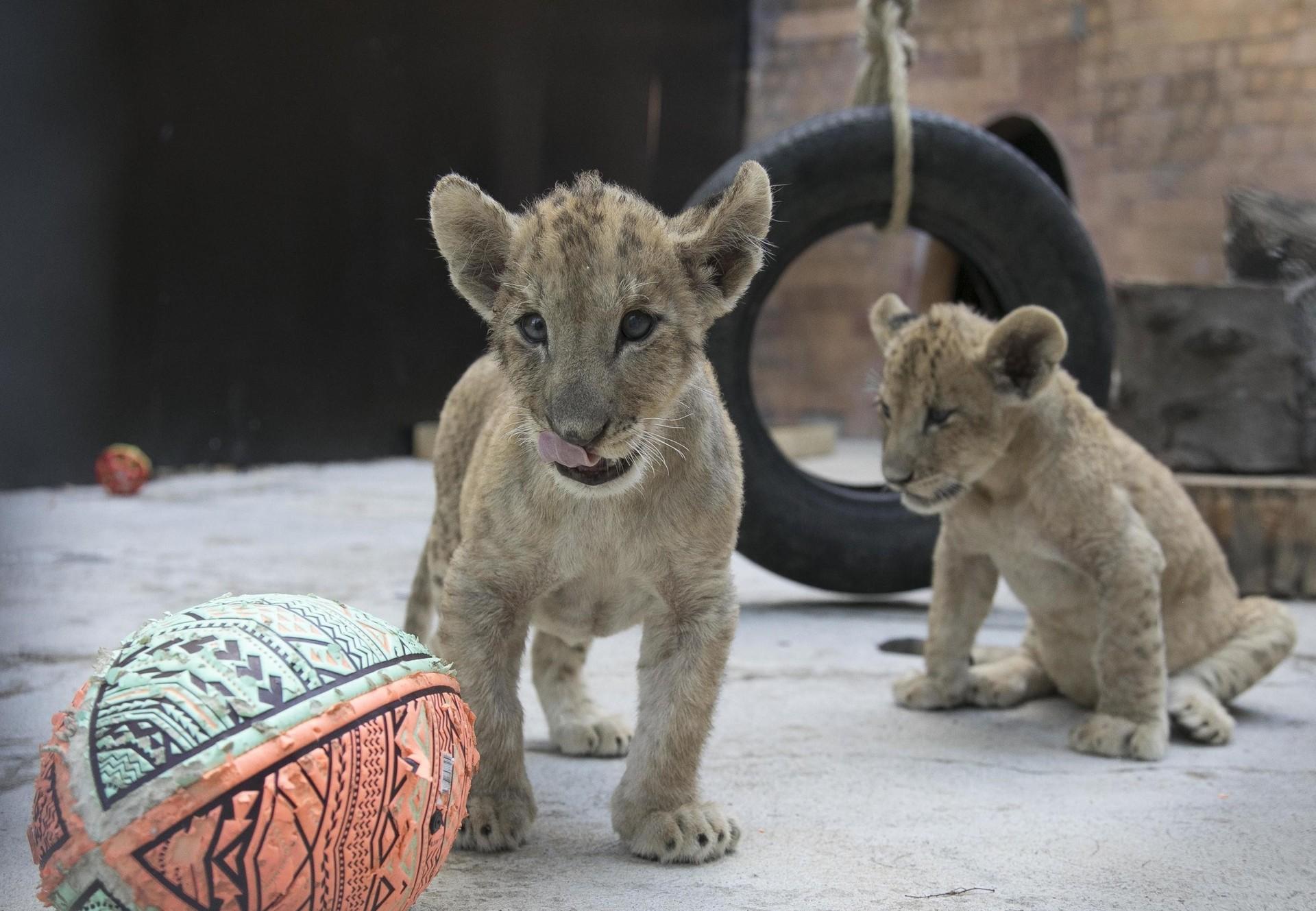
Wild Animals in Private Keeping
Wild animals, including big cats and bears, should not be kept as pets
In a number of European countries, the private keeping of wild animal species, including bears and big cats, is still allowed. Wild animals have complex ecological needs and requirements with regard to nutrition, space, behaviour, climate and social structure. Private owners often lack official zookeeping qualifications and have no scientific, nor animal welfare knowledge that would allow them to fulfil the high requirements that the species need. Also, they may underestimate the time and expenses involved, especially in regard to non-indigenous species. More so, the keeping of species such as big cats and bears pose a significant risk of physical danger to both owner and public, which can result in the untimely killing of the animal itself.
Inadequate and unsuitable care
As a result, the unsuitable housing and inadequate care for wild animals in private keeping can result in malnutrition, illness, stress and stereotypical behaviour. Other problems arise from uncontrolled reproduction and inbreeding. This occurs when animals are bred without proper management and without having suitable and permanent future care and facilities available for the offspring. These captive bred animals generally cannot be released into the wild and have no conservation value. The consequence is a constant cycle of animals that suffer from health problems and cannot be placed anywhere and as a result, are either killed or traded, sometimes illegally.
Other welfare concerns
Bearing in mind the huge variety of wild animal pet species found in trade, veterinarian knowledge also remains very limited. This leads to severe welfare issues and the unnecessary death of animals. In addition, specialised traders, pet shops and animal fairs do not guarantee species appropriate accommodation of wild animals prior to sale, which is of serious welfare concern.
There are additional welfare concerns, including the capture and trading of animals that have been taken from the wild. This does not only affect the welfare of these animals, but this often illegal wildlife trade also has detrimental effects on biodiversity. Many wild animals die during the capture, transportation, wholesale and trading process, and last but not least during captivity as pets as a consequence of inappropriate keeping conditions. Keeping wild animals as pets can also pose risks to owners and the public as they can transmit zoonotic diseases.
Due to the abovementioned reasons, FOUR PAWS favours an end to the private keeping of wild animals as pets, as well as their trading. To achieve the significant and sustainable reduction of such animals in private ownership, our preferred solution model would be to promote a legally binding Positive List of domesticated species to be permitted/allowed as companion animals. This is because wild animal species, who may be tamed but have never been domesticated, still retain their natural wild instincts and would suffer in captivity without appropriate care.
FOUR PAWS strives for...

a world where wild animals remain in the wild and captive ones that cannot return to the wild live the rest of their lives in species-appropriate sanctuaries.
FOUR PAWS Demands:
- A ban on the private keeping of wild animals, especially big cats and bears, with no breeding and replacing of the animals
- The confiscation and adequate re-housing of animals subjected to bad keeping conditions
- Implementation of Positive List legislation which means that only domesticated animals deemed suitable for private keeping are allowed to be kept as pets by everyday citizens. This means that many dangerous and exotic animals would no longer be kept.

